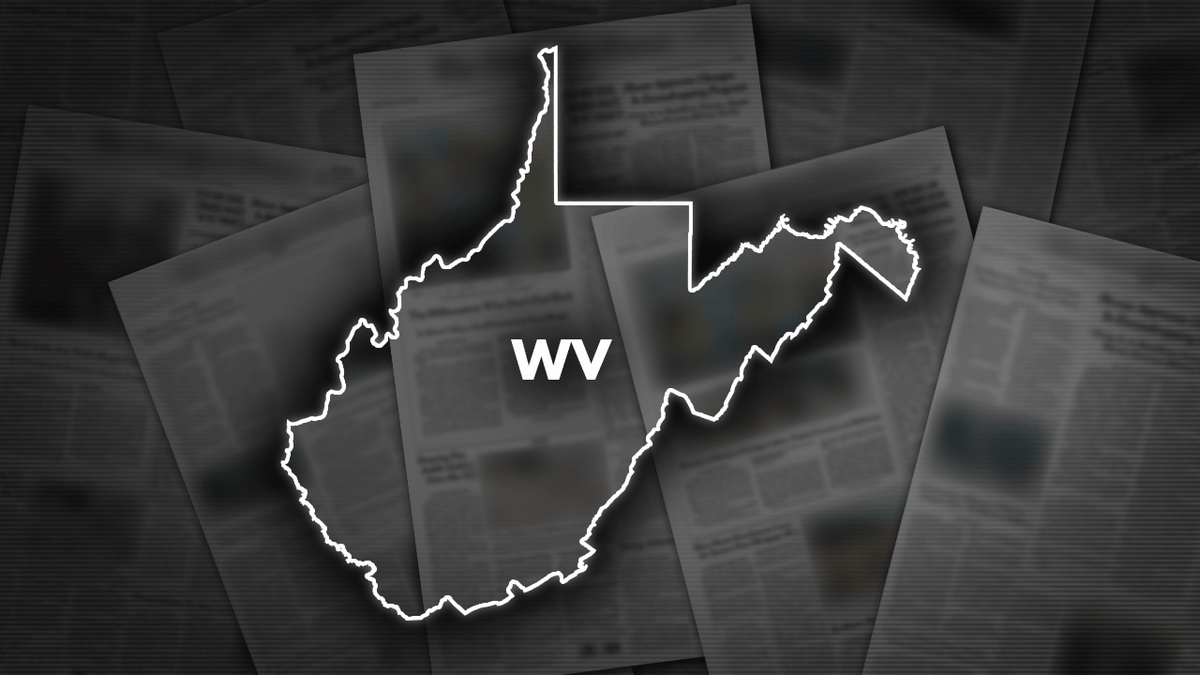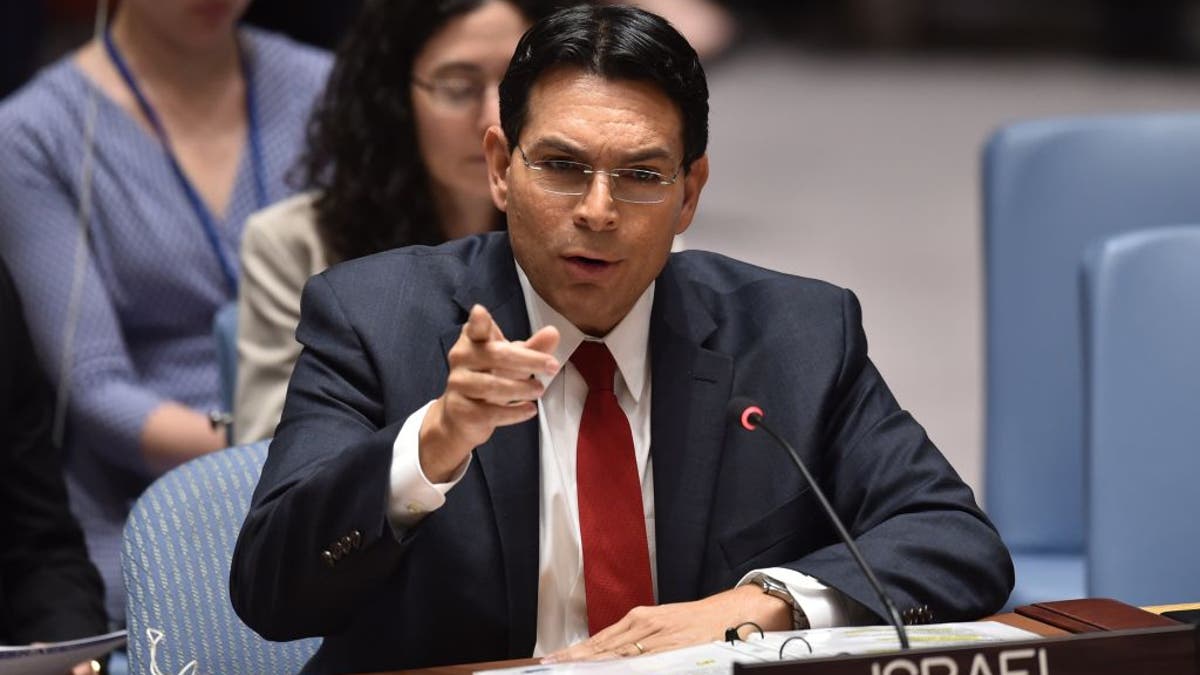A lawsuit has been filed against a West Virginia county commissioner for allegedly violating a resident's First Amendment rights by blocking her on Facebook. The American Civil Liberties Union (ACLU) of West Virginia alleges that Jefferson County Commissioner Steve Stolipher blocked Christy Stadig after she questioned him about a county financial audit on his official Facebook page. Stadig claims she was blocked in May 2022 and her attempts to have the block removed, including a public confrontation at a Republican Executive Committee meeting, were unsuccessful.
The lawsuit contends that Stolipher's Facebook page, labeled "Steve Stolipher County Commissioner" and categorized as a "Government Official" page, serves as a public forum. The ACLU argues that blocking Stadig from this platform infringes upon her right to engage with her elected representative. Stolipher has not yet responded to requests for comment on the matter.
This case arises as the U.S. Supreme Court grapples with the broader issue of public officials blocking critics on social media. A previous case involving former President Donald Trump's Twitter account was dismissed after he left office and was banned from the platform, though his account has since been reinstated. The Supreme Court is now set to hear two new cases on this topic involving lower-profile individuals.

The ACLU of West Virginia has a history of challenging government officials, including Attorney General Patrick Morrisey, for blocking constituents on social media. ACLU of West Virginia Legal Director Aubrey Sparks emphasized the importance of citizens' ability to criticize public officials, stating that this right is fundamental to the First Amendment. She added that receiving complaints about being blocked by public officials' Facebook pages is a frequent occurrence for the ACLU. Sparks expressed hope for a definitive resolution to this issue and suggested that officials who cannot handle public scrutiny should avoid social media altogether. While acknowledging that officials can restrict access in certain situations, such as threats to their safety, the ACLU believes this case highlights an overreach of that authority.








